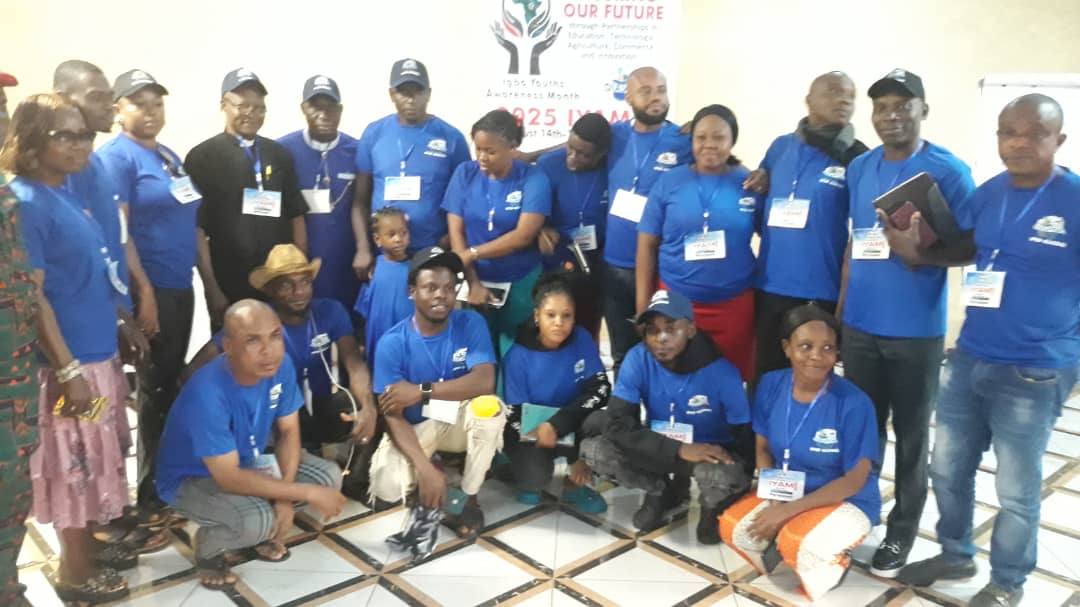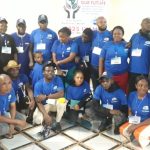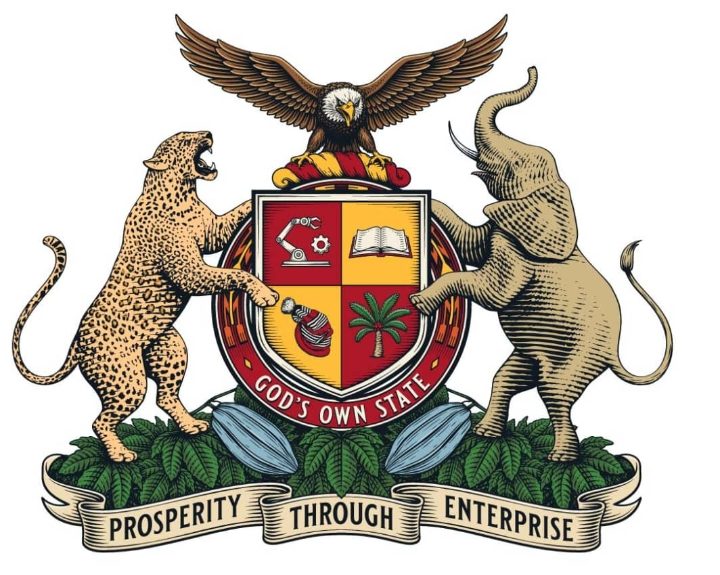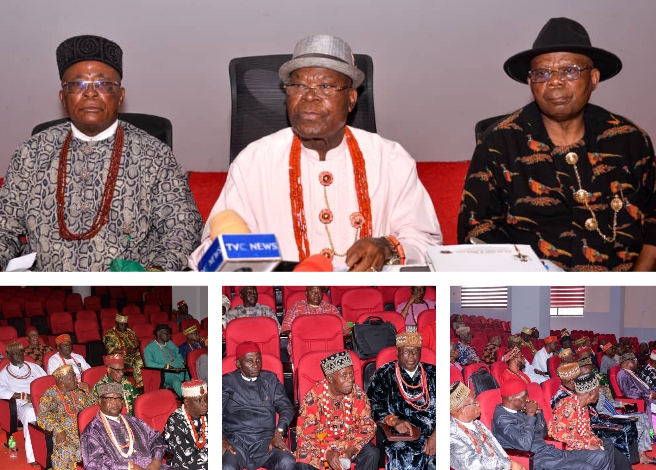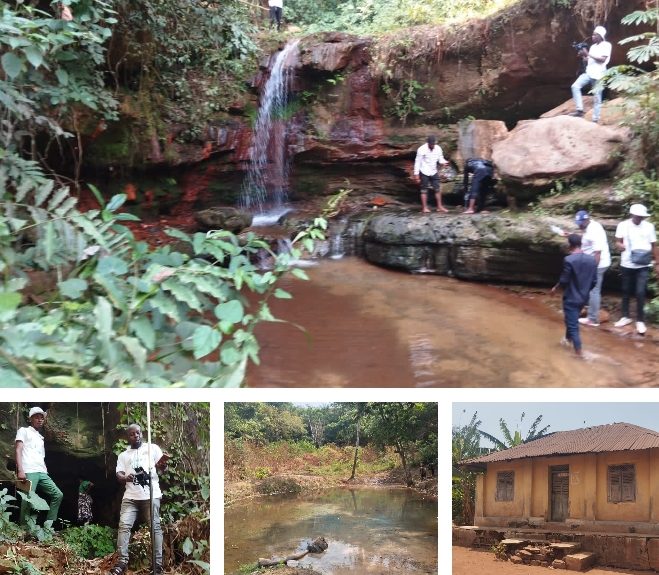At the just concluded Igbo Youths Awareness Month (IYAM) Summit 2025, organized by the Igbo People in the Diaspora (IPID), participants were presented with a transformative agricultural model capable of alleviating poverty, empowering youths, and boosting the South East economy.
Delivering a paper titled “Integrated Piggery and Fishery Management: A Blueprint in Alleviating Poverty, Empowering Igbo Youths, and Improving the Economy of South East Nigeria through Self-Establishment”, Rev’d Nkemodi George Chika, ACMA, ACIAM, PhD (in view), emphasized that combining piggery and fishery into one farm system is a sustainable pathway to wealth creation.
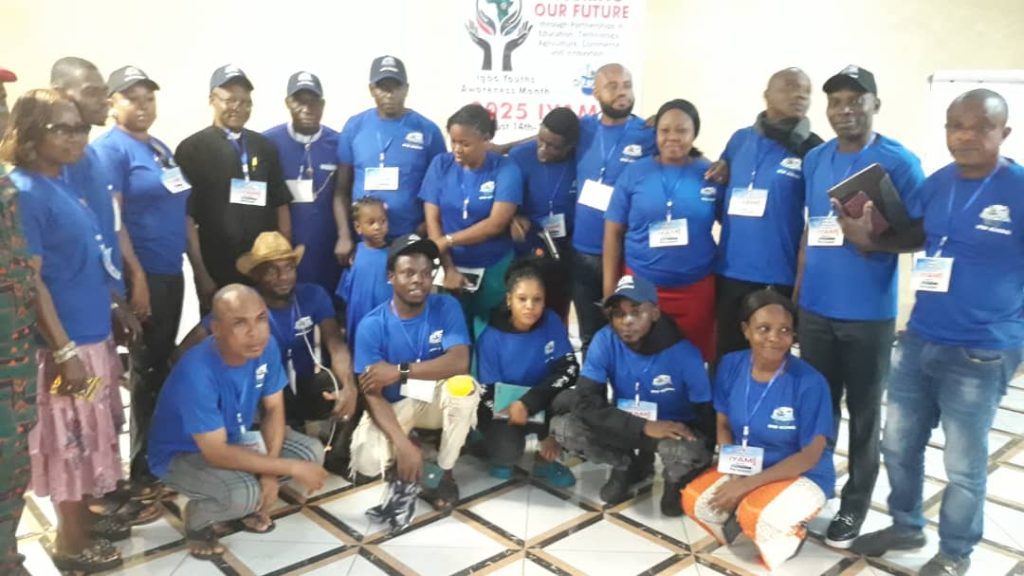
According to him, integrated piggery and fishery farming leverages the natural synergy between the two enterprises: pig manure fertilizes fish ponds, enhancing plankton growth, while nutrient-rich pond water can irrigate crops or be recycled.
“The outcome is lower production costs, higher yields, and all-year income streams,” he explained.
Highlighting the market opportunities, Rev’d Chika noted the high demand for pork and fish across major South East cities such as Aba, Enugu, Onitsha, Owerri, Abakaliki, Nsukka, Umuahia, Nnewi, and Orlu. With urban populations and incomes rising, he stressed that existing supply is insufficient, creating room for local producers to thrive.
On productivity and sustainability, he said integrated farms reduce operational costs by 20–25% and increase yields by up to 20%. “This model promotes organic farming, minimizes environmental pollution, and provides resilience against market shocks—if pork prices fall, fish sales can stabilize income,” he added.
The financial outlook is equally promising. Using a small-scale example, he outlined how a ₦1 million investment can generate over ₦2 million net profit per cycle through the combined sale of pigs and catfish. “Returns surpass single-farm operations since farmers benefit from two income streams,” he emphasized.
Beyond profitability, Rev’d Chika stressed that integrated farming will create jobs and empower youths across the region. Opportunities abound for farm managers, attendants, veterinary consultants, marketers, and transporters, while women can also participate through microfinance-supported small-scale farms.
The initiative, he said, also supports community development by improving nutrition, reducing rural-to-urban migration, and strengthening cooperative farming groups. By adopting breeds like Large White and Landrace pigs, alongside African catfish, farmers can achieve fast growth rates and reliable market demand.
The blueprint also emphasizes proper infrastructure-pig pens with drainage, fish ponds, feed storage, and water systems as well as eco-friendly waste management, where pig manure becomes a resource instead of waste.
Rev’d Chika further urged Igbo youths to embrace integrated piggery-fishery farming as a practical route to self-establishment and financial independence.
“This is more than agriculture; it is a tool for empowerment, economic revival, and a sustainable future for South East Nigeria,” he declared.

